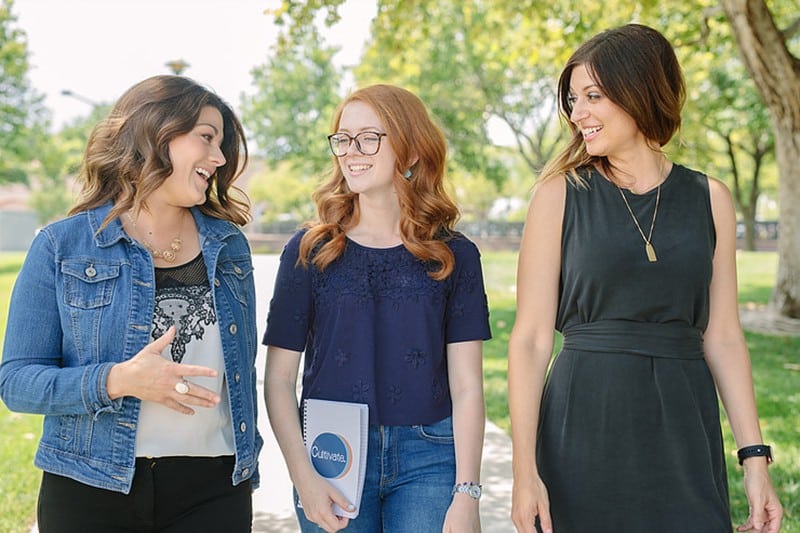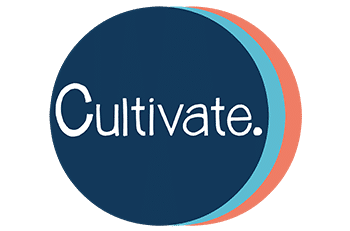Three Questions For Selecting a College for YOU!

Building your college list is more than just matching your personal data to the admissions stats of an institution; it’s about considering who you are and the impact you hope to make on the world and aligning those values with a place that will intentionally help you grow into your best self.
There are obviously a variety of factors that impact college and university selection: from cost to geography to field of study – what are the most essential elements in making your next educational step the right one? Here are three questions we always make sure our Cultivate. students and families consider as we envision the future:
Can I get in?
While the entire college admissions process has increasingly become more holistic and focused on highlighting the soft skills students are developing and their potentials for leadership and innovation in the future – GPA, academic rigor, and standardized test scores still reign supreme in this process. When we sit down to build a college list, we put the student at the center and help them identify these personal data points. Depending on how early we engage in this process, we may make a plan to evolve these numbers. Simply put, the higher the GPA, the more rigorous the course load (think AP and Honors vs. standard level classes), and SAT or ACT scores that demonstrate mastery of critical skills – these elements make a student competitive in the college admissions process. The quickest way to identify how you fit with a college or university is to investigate the data of their middle 50% of admitted applicants and compare. If you fall in that space, it’s an intentional fit. If you’re below, it’s something you might need to be more open-minded about it terms of whether or not you’ll gain admission. If you’re above, you can likely feel confident this is a school for you.
Does this institution offer the field of study I’m interested in?
All colleges and universities are not created equal. With over 4,500 colleges and universities across the United States, however, there is very likely a school that is a good fit. While there is more to “the college experience” than academics, we encourage students to investigate future majors and the professors and their research expertise when weighing if a school is the right place for them. A simple example is a student looking for a strong liberal arts education as a history major. The kinds of courses offered from campus to campus vary based on the expertise of the professors teaching them. If a student has a strong inclination to European history, it would be important to know that not only is a history degree offered but to familiarize themselves with the breadth and depth of content knowledge that exists within the history department of a specific school. This is often how we help students differentiate between elements that on the surface are similar. Ask yourself, Does this institution actually have the fields of study I’m interested in? And, What elements make this department unique from other colleges and universities with the same offerings?
What makes a goodness of fit?
Beyond academics, it’s important to consider elements like cost, geography, size, campus culture, and how you want to spend your time growing outside of the classroom. This is where we really help students reflect on their high school experiences and consider how what they have experienced informs what they know and want to continue to discover about themselves. Asking questions is key to opening up thinking and uncovering the not so obvious truths alive in the ordinary moments of students daily lives.
While so many people speak about colleges and universities as the next obvious step in a student’s academic trajectory, it’s important to recognize that no two individuals are the same and neither are institutions. The kind of questions you ask will greatly impact the quality of your decision-making through this exciting transitional moment.
